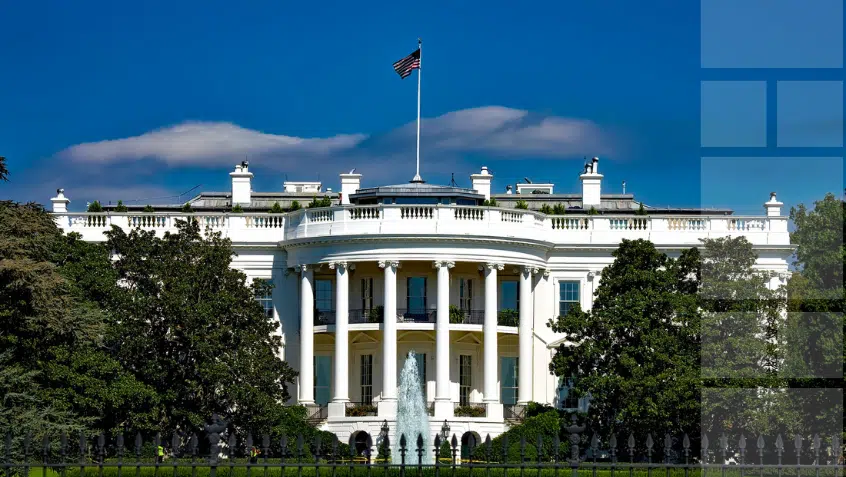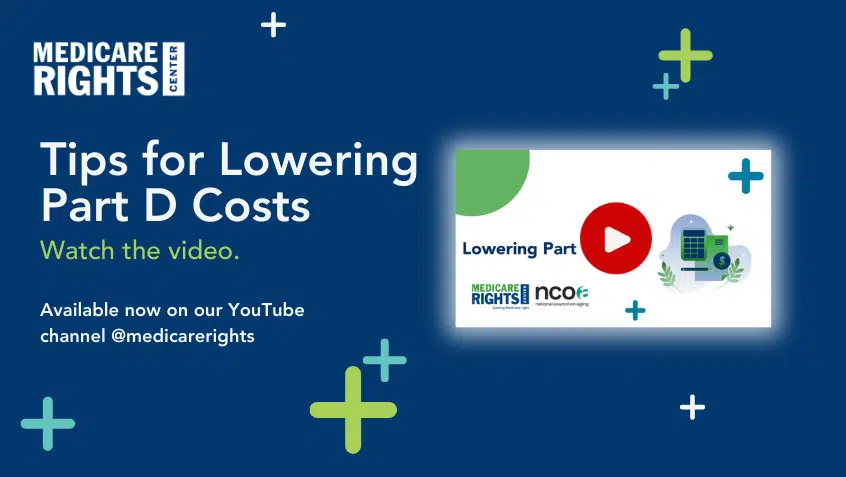Join Us Live for a Discussion on Medicare, Democracy, and the Future of Health Care
New KFF Report Examines Beneficiary Exposure to Part B Drug Costs

A new brief from the Kaiser Family Foundation (KFF) examines the often extreme cost liability that Part B covered drugs—typically, those administered by physicians and other health care providers—can carry. The findings are clear: immediate action is needed to rein in drug prices, improve affordability, and better support people with Medicare.
As with most Part B covered services, people with traditional Medicare generally pay 20% coinsurance for Part B drugs, with no annual limit on their out-of-pocket (OOP) costs. Although many beneficiaries have supplemental coverage that helps with these expenses, such as a Medigap policy or Medicaid, nearly 6 million people do not and must pay the full 20%.
Medicare Advantage (MA) enrollees also usually face high cost-sharing for Part B drugs. Plans can set coinsurance rates at no more than 20% for Part B drugs administered in-network, but there is no similar limitation out-of-network. And while MA plans do limit total enrollee OOP costs, the current caps ($7,550 for in-network and $11,300 for in-network and out-of-network combined) are too high.
As a result, and as the report underscores, beneficiaries in both traditional Medicare and MA can face high costs for Part B drugs. Among KFF’s key findings:
- In 2019, 25% of the traditional Medicare enrollees who used Part B drugs experienced a cost-sharing liability of at least $1,000. Of the four million traditional Medicare enrollees who used Part B drugs in 2019, one in four—one million people—faced at least $1,000 in cost-sharing. One in five faced $2,000 or more, while 1 in 10 were on the hook for at least $5,000.
- More than half of all Part B drugs had an average annual cost-sharing liability of at least $1,000 in 2019. Of the 287 Part B drugs that KFF analyzed, 54% had average annual cost-sharing liability of at least $1,000; 43% would cost enrollees at least $2,000, while 13% carried a minimum cost-sharing liability of $10,000 for a year’s access.
- In 2022, most MA enrollees pay 20% coinsurance for Part B drugs provided in-network, but many—more than 21 million—may face higher cost sharing out-of-network. Among the 8.3 million MA enrollees in plans with out-of-network coverage, close to half (44% or 3.7 million people) would be charged more than 20%—as high as 50%—for Part B drugs administered by an out-of-network provider. Another 31% (2.5 million people) may face coinsurance higher than 20% depending on the type of drug and/or where it is administered. In addition, nearly 15 million enrollees are in plans with no out-of-network coverage; they typically must pay 100% of the cost for Part B drugs administered out-of-network unless they receive prior approval from their plan.
Due to the lack of an OOP limit in traditional Medicare, Part B drug costs can be a significant burden for people with no or inadequate supplemental coverage. Similarly, MA’s OOP cap does not maximize enrollee affordability, and out-of-network cost sharing arrangements can also have substantial cost implications. These structural challenges leave beneficiaries far too exposed. Policymakers must address these flaws, as well as the underlying issue of high and rising drug prices. As KFF notes, the Build Back Better reconciliation bill includes proposals that would begin to do so. Specifically, that “allowing the federal government to negotiate prices for some drugs covered under Part B and Part D and by requiring inflation rebates for Medicare-covered drugs to limit annual increases in drug prices could help to address the spending burden that Medicare beneficiaries could face if they need high-cost drugs, whether covered under Part B or Part D.”
Medicare Rights continues to strongly urge lawmakers to pass these reforms, without delay.
Read the KFF brief, Medicare Part B Drugs: Cost Implications for Beneficiaries in Traditional Medicare and Medicare Advantage.
Show Comments
We welcome thoughtful, respectful discussion on our website. To maintain a safe and constructive environment, comments that include profanity or violent, threatening language will be hidden. We may ban commentors who repeatedly cross these guidelines.
Help Us Protect & Strengthen Medicare
Donate today and make a lasting impact
More than 67 million people rely on Medicare—but many still face barriers to the care they need. With your support, we provide free, unbiased help to people navigating Medicare and work across the country with federal and state advocates to protect Medicare’s future and address the needs of those it serves.
The Latest
Most Read
Add Medicare to Your Inbox
Sign up to receive Medicare news, policy developments, and other useful updates from the Medicare Rights.
View this profile on InstagramMedicare Rights Center (@medicarerights) • Instagram photos and videos









